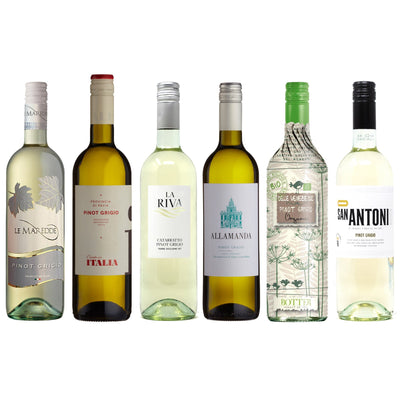Pale yellow colour. Refreshing aromas of citrus fruits such as lemon, lime, sudachi and apple, nuance of toasted bread derived from Sur Lie Method appears. Fresh acidity is accented by pleasant astringency extracted from the skin of Koshu grapes.
This spends time on lees to bring out some palate weight. This is very bright, high in acid and with gently aromatic with a slightly lactic note. Think Muscadet played on the black keys.
As grapes were never indigenous to Japan all grapevines had been introduced to the region with the movement of the spice route and silk roads over 2,000 years. It is believed that about 1300 years ago grapevines were introduced to Japan where the climate was too hot, cold, wet – too extreme – to grow grapes for wine.
Ultimately the existing grape variety most successfully grown in Japan became known as Koshu, which was the then name for the prefecture in which it grew. This prefecture then took the name of a Japanese prince and became Yamanashi, which remains the principal region producing Koshu. Responsible today for 40% of all Japanese grown wine grapes, it is believed to be the naturalised hybrid of a Georgian grape variety. Ampelographers continue to isolate the DNA of Koshu to this likeliest conclusion but we do not actually know, outright, its source. What we do know is that it is a lurid pink on the vine, generally grown in the local tana method (overhead bamboo trellis).
Château Mercian grow Chardonnay, merlot, Syrah, Cab Franc, Petit Verdot, experiment with Albarino, Mencia and others and have always shared their long experience of producing wine in Japan with every other producer in the region. Chateau Mercian are the oldest established winery in Japan, starting out in 1870 having sent two young men to France to understand wine making in the Europena tradition. Indeed the descendants of these two men are still growing Koshu for Mercian today.
Koshu, like many things Japanese, is all about subtlety of flavour, texture and the wine being part of a greater organoleptic experience than the wine itself, so imagine drinking this with a slurpy bowl of hot yum from a chilly noodle shop in the hills. Its part of the whole, not the whole, therefore the fruit per se is not overt, its more about texture, acidity, finish than outright fruit flavour.
This wine is made from Koshu, Japan’s indigenous wine grape which can be traced back to 1186 when it was discovered growing wild at Katsunama in Yamanashi prefecture. Koshu grapes are grown in Yamanashi Prefecture and harvest took place from early September to early October. Fermentation in a stainless steel tank at 18 to 20 degrees for about 14 days, The wine was aged for about 8 months in a stainless steel tank.
Green salad, various sashimi or seafood dishes with toasty flavours such as gratin of cod, roasted Spanish mackerel seasoned with Saikyo miso, sautéed cuttlefish, seafood Paella.
| Country | Japan |
| Region | Yamanashi |
| Grapes | Koshu |
| ABV | 11.0% |
| Suitable for Vegans | No |
| Organic | No |
 Standard Delivery
Standard Delivery
| Mainland UK Orders over £150 | FREE |
| Mainland UK Orders under £150 | £7.95 |
| Scottish Highlands and Isle of Wight | £14.95 |
| Scottish Islands | £19.95 |
| Isle of Man and Isles of Scilly | £19.95 |
| Northern Ireland | £19.95 |
| Channel Islands | £24.95 |
 Saturday Delivery
Saturday Delivery
| Mainland UK Orders over £150 | £6.95 |
| Mainland UK Orders under £150 | £14.95 |
 Store Pickup
Store Pickup
| Collect in store usually same/next day | FREE |

















